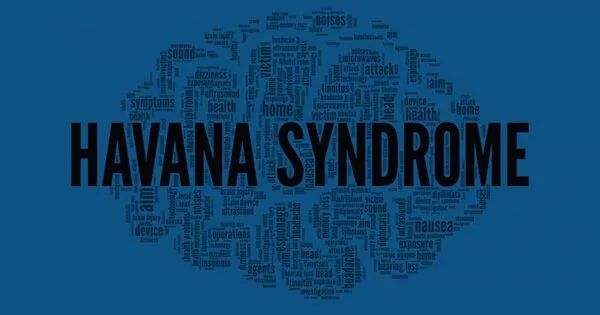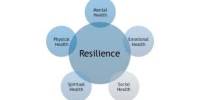Havana syndrome is a collection of inexplicable medical symptoms observed by diplomatic staff, primarily in Havana, Cuba, hence the name. Symptoms include included dizziness, headaches, exhaustion, hearing loss, cognitive difficulties, and other neurological concerns. Despite significant research, the specific cause of Havana syndrome remains unknown, prompting speculation and many possibilities, including possible directed energy attacks or environmental variables.
Havana syndrome is a group of idiopathic symptoms that U.S. government officials and military personnel commonly experience when abroad. The symptoms, which range in severity from discomfort and ringing in the ears to cognitive failure, were originally reported in 2016 by US and Canadian embassy personnel in Havana, Cuba.
Individuals suffering from Havana Syndrome describe a variety of symptoms, including headaches, vertigo, nausea, hearing loss, cognitive impairments, and, in some cases, long-term brain injury. Some patients reported peculiar sounds or sensations prior to the beginning of symptoms, raising concerns about the employment of sonic or microwave weaponry.
Since 2017, more people, including U.S. intelligence and military professionals and their families, have reported experiencing these symptoms in various countries such as China, India, Europe, and Washington, D.C. The events have been referred to as “Anomalous Health Incidents” (AHI) by the US Department of State, the Department of Defense, and other federal agencies. Out of over a thousand purported cases, the majority of US investigating organizations considered only a few dozen to be suspicious.
Despite extensive investigations by various government agencies, including the FBI, CIA, and CDC, the exact cause of Havana Syndrome remains unclear and controversial. Initial theories included the possibility of sonic attacks, such as the deployment of covert acoustic weapons, or exposure to some form of electromagnetic radiation. However, concrete evidence supporting these theories has been lacking.
Some specialists believe that the observed symptoms are the result of psychogenic factors, environmental causes, or even targeted technological surveillance. Others have expressed alarm about the possibility of mass psychogenic sickness, in which symptoms spread across a population due to psychological causes rather than any external cause.
The enigma of Havana Syndrome has sparked diplomatic issues between the United States and Cuba, as well as worries in other nations where comparable cases have been reported. Efforts to examine and address the issue are ongoing, but conclusive solutions remain elusive, leaving many impacted individuals and governments seeking resolution and accountability.
















